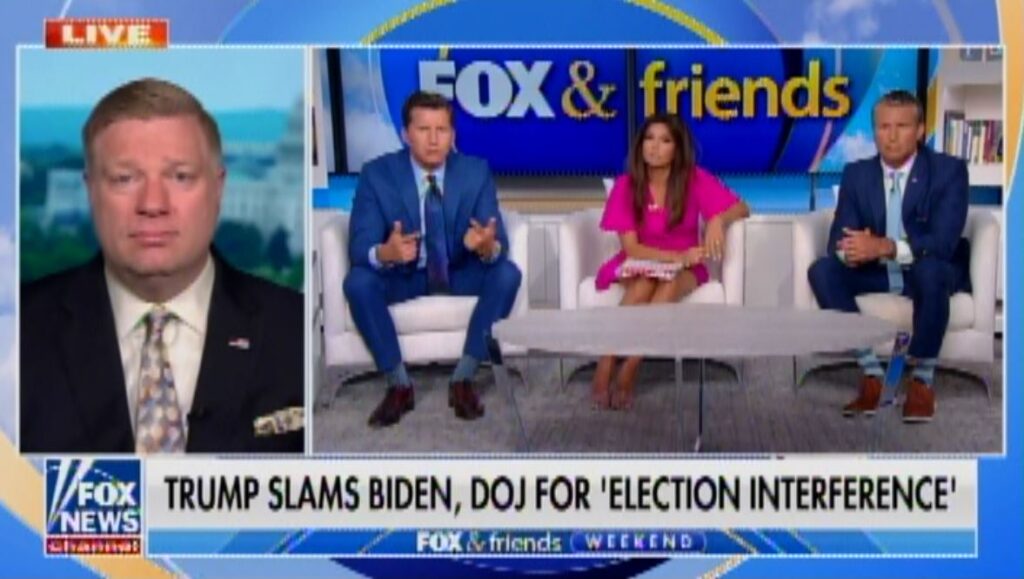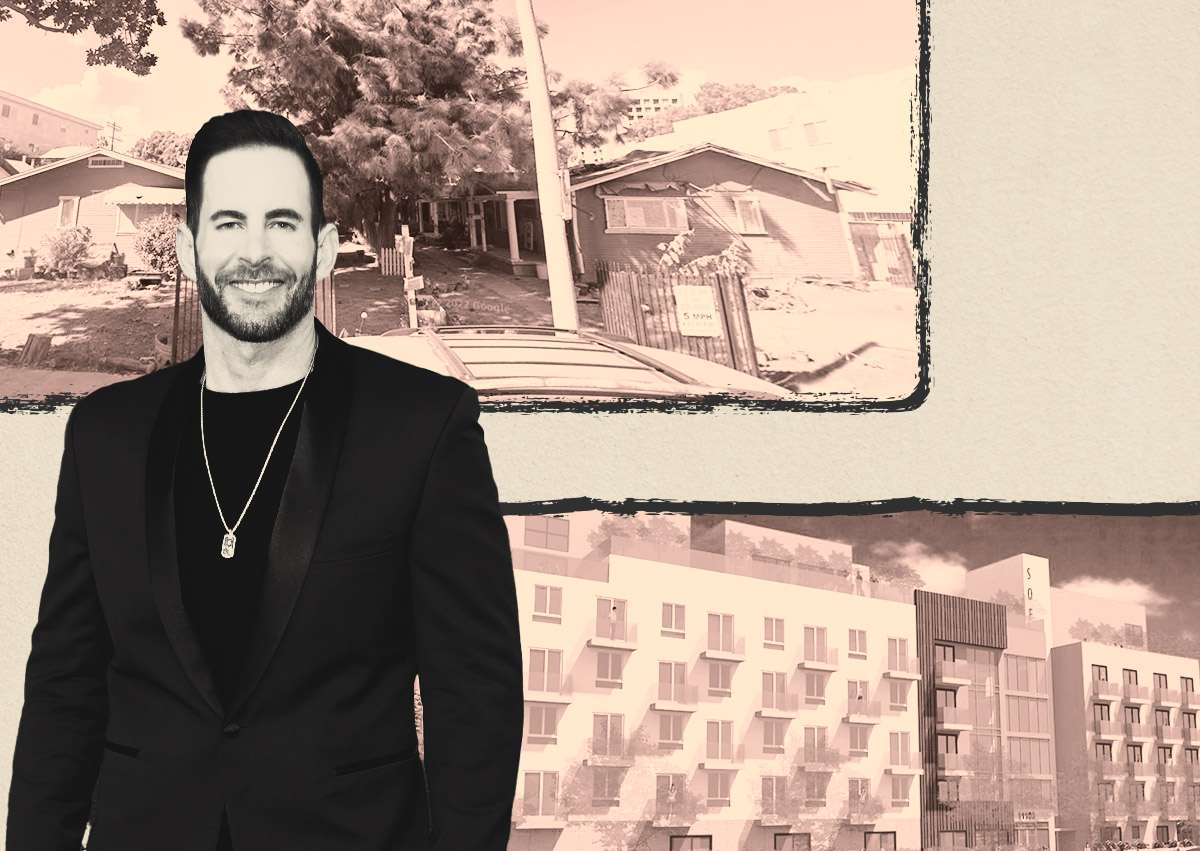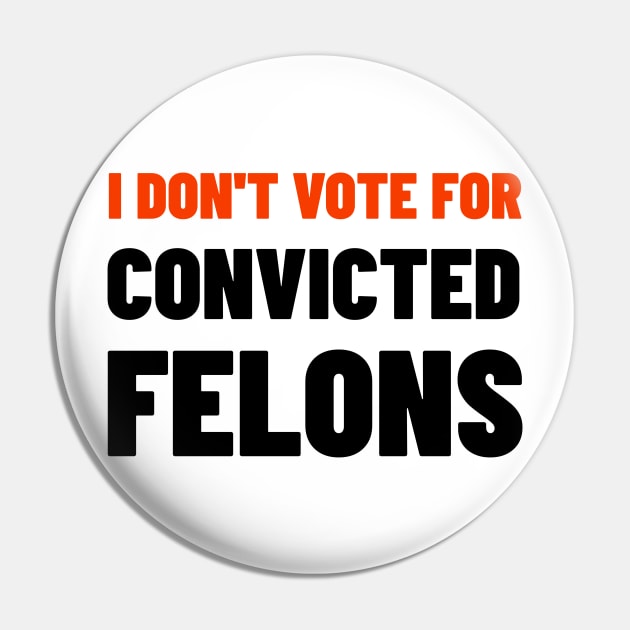"Trial Of The Century": Cardinal's Legal Team Presents Evidence Of Prosecutorial Misconduct

Table of Contents
Main Points:
2.1 Key Evidence Presented by the Cardinal's Legal Team:
2.1.1 Suppression of Exculpatory Evidence:
The Cardinal's legal team alleges a blatant violation of the defendant's due process rights through the suppression of exculpatory evidence. This constitutes a Brady violation, a serious breach of legal ethics. Specific examples include:
- Exhibit A: The withholding of a witness statement corroborating the Cardinal's alibi during the alleged timeframe of the crime. This statement, if presented earlier, could have significantly altered the narrative presented by the prosecution.
- Exhibit B: The failure to disclose forensic evidence that contradicts key elements of the prosecution's case, including a crucial piece of DNA evidence that points towards another suspect.
- Exhibit C: Suppression of police reports documenting inconsistencies in the testimonies of key prosecution witnesses.
Legal experts like Professor Emily Carter of Stanford Law School have commented on the significance of this suppressed evidence, stating, “The blatant disregard for due process shown here is alarming. The withheld evidence casts serious doubt on the prosecution's case and is a textbook example of a Brady violation.” Keywords: "exculpatory evidence," "Brady violation," "due process," "suppression of evidence," "legal ethics."
2.1.2 Witness Tampering and Coercion:
The defense claims the prosecution engaged in witness tampering and coercion, influencing testimony to fit their narrative. Evidence presented includes:
- Witness X: Affidavits detailing how Witness X, a key prosecution witness, was pressured into changing their original testimony, which was favorable to the Cardinal. The methods allegedly involved threats and promises of leniency in unrelated cases.
- Witness Y: Recorded phone calls allegedly showing attempts by a prosecutor to directly influence the testimony of Witness Y, urging them to focus on specific details that supported the prosecution's case while ignoring inconsistencies in their original statement.
These actions constitute perjury and obstruction of justice, severely undermining the integrity of the trial. Legal precedents, such as United States v. Singleton, clearly establish the illegality and consequences of such actions. Keywords: "witness tampering," "coercion," "perjury," "false testimony," "obstruction of justice."
2.1.3 Violation of Procedural Rules and Ethical Conduct:
The Cardinal’s legal team further points to several instances of prosecutorial overreach and violations of established legal procedures:
- Violation of Discovery Rules: The prosecution allegedly failed to provide the defense with all the necessary evidence within the stipulated timeframe.
- Inappropriate Communication with Witnesses: The team cites instances of the prosecution communicating with witnesses outside of the proper legal channels.
- Misrepresentation of Evidence: Allegations include the prosecution misrepresenting the significance of specific pieces of evidence to sway jury opinion.
These actions demonstrate ethical misconduct and procedural violations that prejudiced the Cardinal’s defense, violating fundamental principles of fairness and justice. Keywords: "procedural violations," "ethical misconduct," "legal procedure," "professional conduct," "prosecutorial overreach."
2.2 Impact of the Allegations on the "Trial of the Century":
2.2.1 Public Opinion and Media Coverage:
The allegations of prosecutorial misconduct have ignited a firestorm of debate, affecting public perception of both the trial and the prosecution’s credibility. Media coverage has been extensive, with many outlets questioning the integrity of the process. The public's faith in the justice system is being tested.
2.2.2 Potential Legal Outcomes:
The impact on the trial could be significant. Potential outcomes include:
- Mistrial: The judge may declare a mistrial if the misconduct is deemed to have irrevocably prejudiced the Cardinal's case.
- Dismissal of Charges: If the evidence of misconduct is sufficiently compelling, charges against the Cardinal could be dismissed.
- Appeals: Regardless of the trial's outcome, the allegations of prosecutorial misconduct will likely form the basis of an appeal.
2.2.3 Long-term Implications for the Justice System:
This case highlights the critical need for prosecutorial accountability and judicial integrity. The long-term implications extend to the public’s trust in the justice system and the necessity for legal reform to prevent similar situations from arising. Keywords: "judicial integrity," "accountability," "legal reform."
Conclusion: The Future of the "Trial of the Century" and the Fight Against Prosecutorial Misconduct
The evidence presented by the Cardinal's legal team paints a concerning picture of prosecutorial misconduct, ranging from the suppression of exculpatory evidence to witness tampering. The gravity of these allegations cannot be overstated, potentially impacting the outcome of the "Trial of the Century" and eroding public trust in the judicial system. Holding prosecutors accountable for their actions is vital for upholding the principles of justice and ensuring fair trials. We must stay informed about the ongoing "Trial of the Century" and the fight against prosecutorial misconduct to ensure a just outcome and protect the integrity of our legal system. The implications of prosecutorial misconduct are far-reaching and demand continuous vigilance in our pursuit of ensuring fair trials and fighting for justice. Stay informed and demand accountability.

Featured Posts
-
 Selling Sunset Star Accuses Landlords Of Price Gouging Amidst La Fires
Apr 29, 2025
Selling Sunset Star Accuses Landlords Of Price Gouging Amidst La Fires
Apr 29, 2025 -
 Nyt Strands Today April 1 2025 Clues Hints And Solutions
Apr 29, 2025
Nyt Strands Today April 1 2025 Clues Hints And Solutions
Apr 29, 2025 -
 Papal Conclave Debate Over Convicted Cardinals Eligibility To Vote
Apr 29, 2025
Papal Conclave Debate Over Convicted Cardinals Eligibility To Vote
Apr 29, 2025 -
 Trump Grants Pete Rose Posthumous Presidential Pardon
Apr 29, 2025
Trump Grants Pete Rose Posthumous Presidential Pardon
Apr 29, 2025 -
 Justin Herbert Leads Chargers To Brazil For 2025 Season Opener
Apr 29, 2025
Justin Herbert Leads Chargers To Brazil For 2025 Season Opener
Apr 29, 2025
Latest Posts
-
 Natural Ways To Manage Adhd Symptoms A Comprehensive Guide
Apr 29, 2025
Natural Ways To Manage Adhd Symptoms A Comprehensive Guide
Apr 29, 2025 -
 Recognizing Adult Adhd 8 Subtle Indicators You Shouldnt Ignore
Apr 29, 2025
Recognizing Adult Adhd 8 Subtle Indicators You Shouldnt Ignore
Apr 29, 2025 -
 8 Unexpected Signs Of Adhd In Adults Beyond Hyperactivity
Apr 29, 2025
8 Unexpected Signs Of Adhd In Adults Beyond Hyperactivity
Apr 29, 2025 -
 Is It Adhd 8 Common Yet Subtle Signs In Adults
Apr 29, 2025
Is It Adhd 8 Common Yet Subtle Signs In Adults
Apr 29, 2025 -
 The Relationship Between Adhd Autism Spectrum Disorder And Intellectual Disability
Apr 29, 2025
The Relationship Between Adhd Autism Spectrum Disorder And Intellectual Disability
Apr 29, 2025
